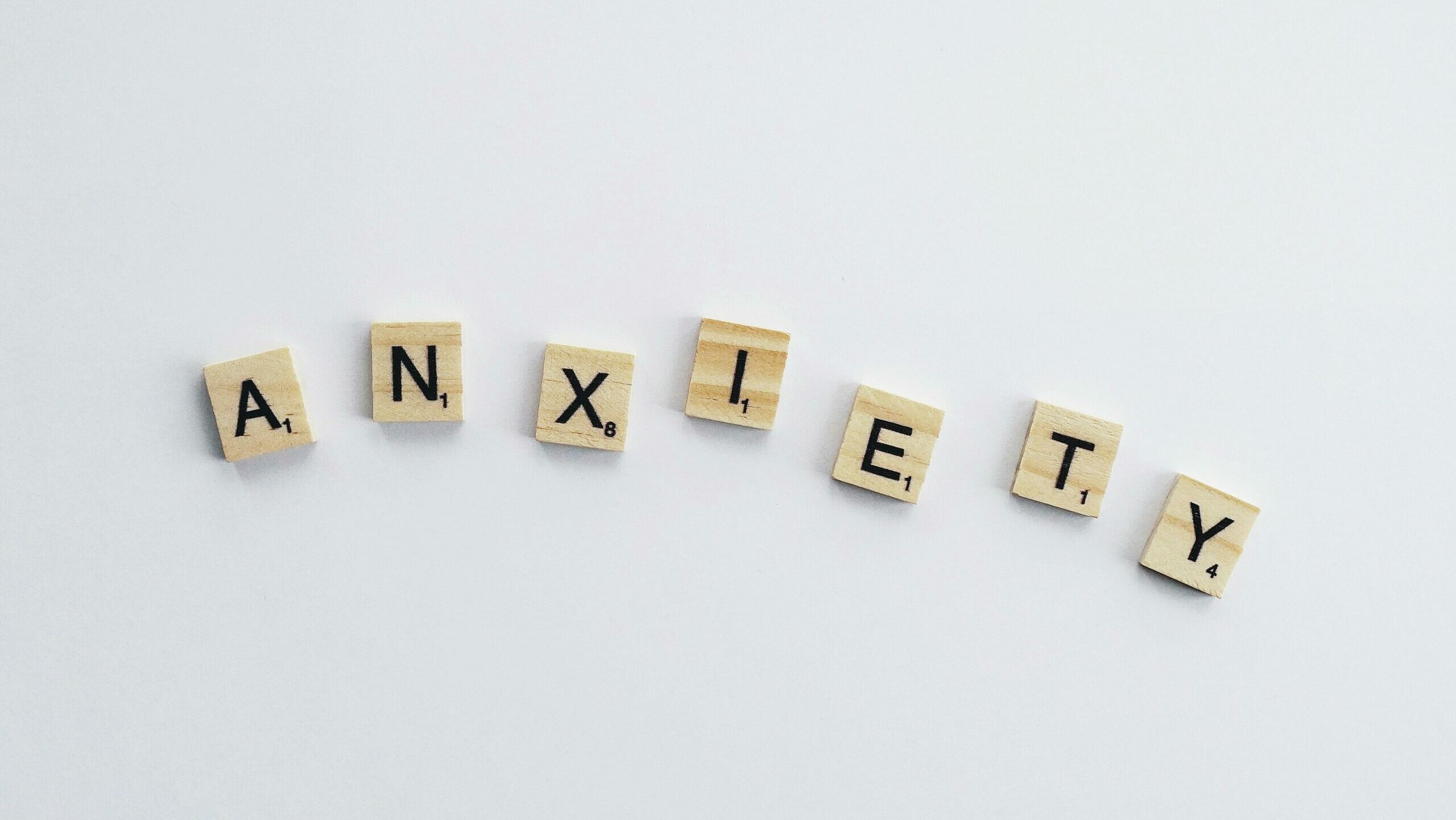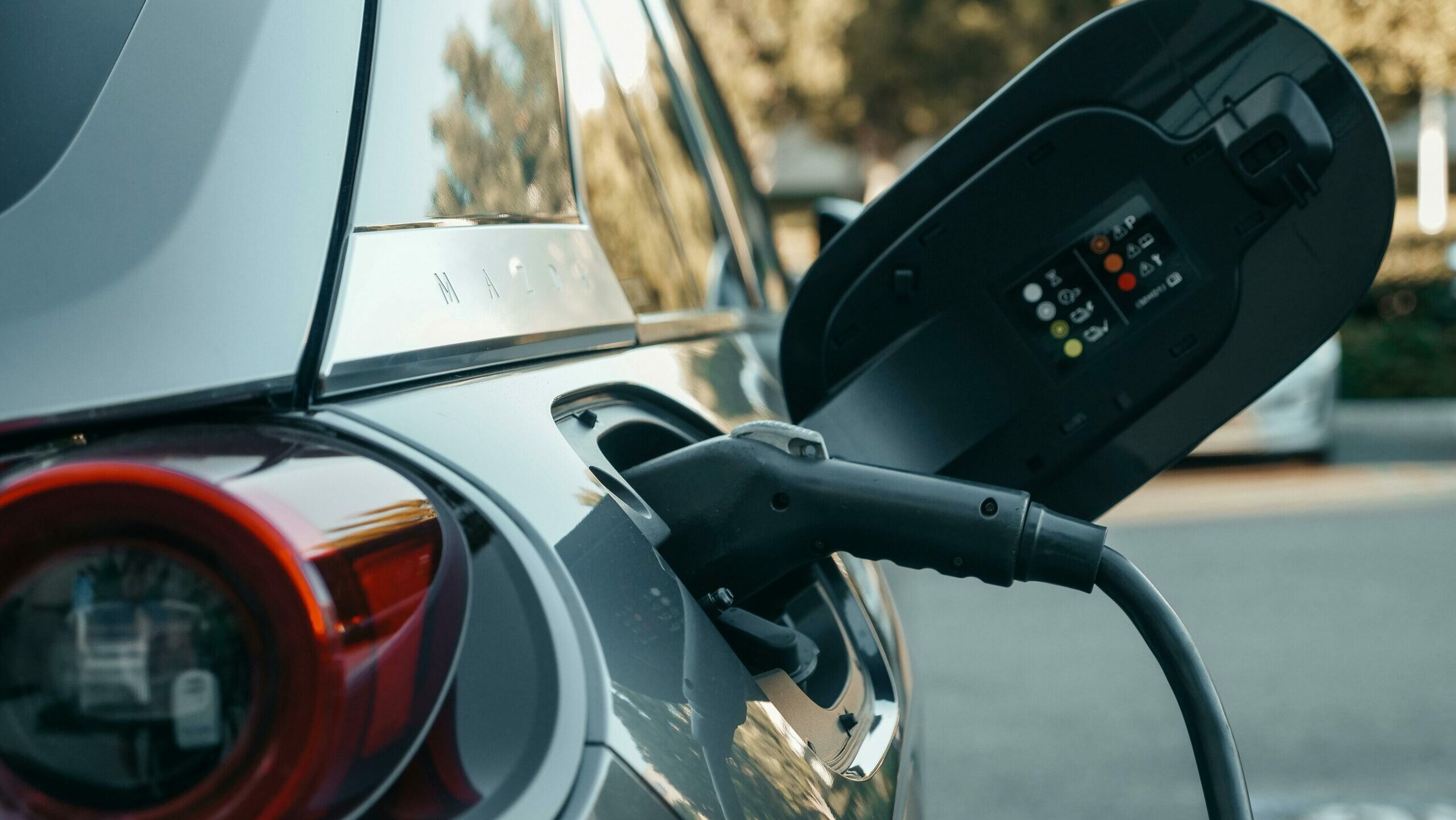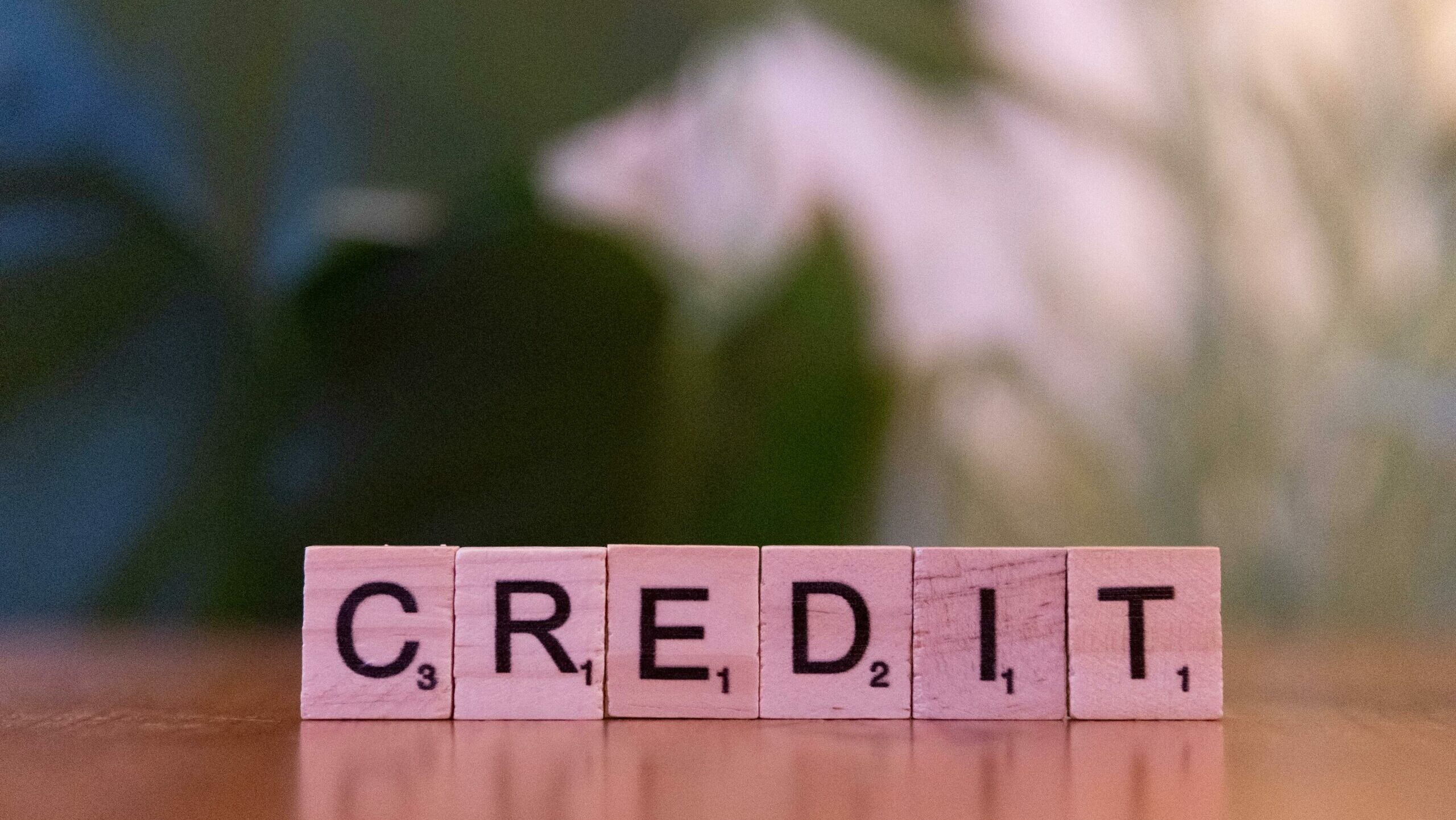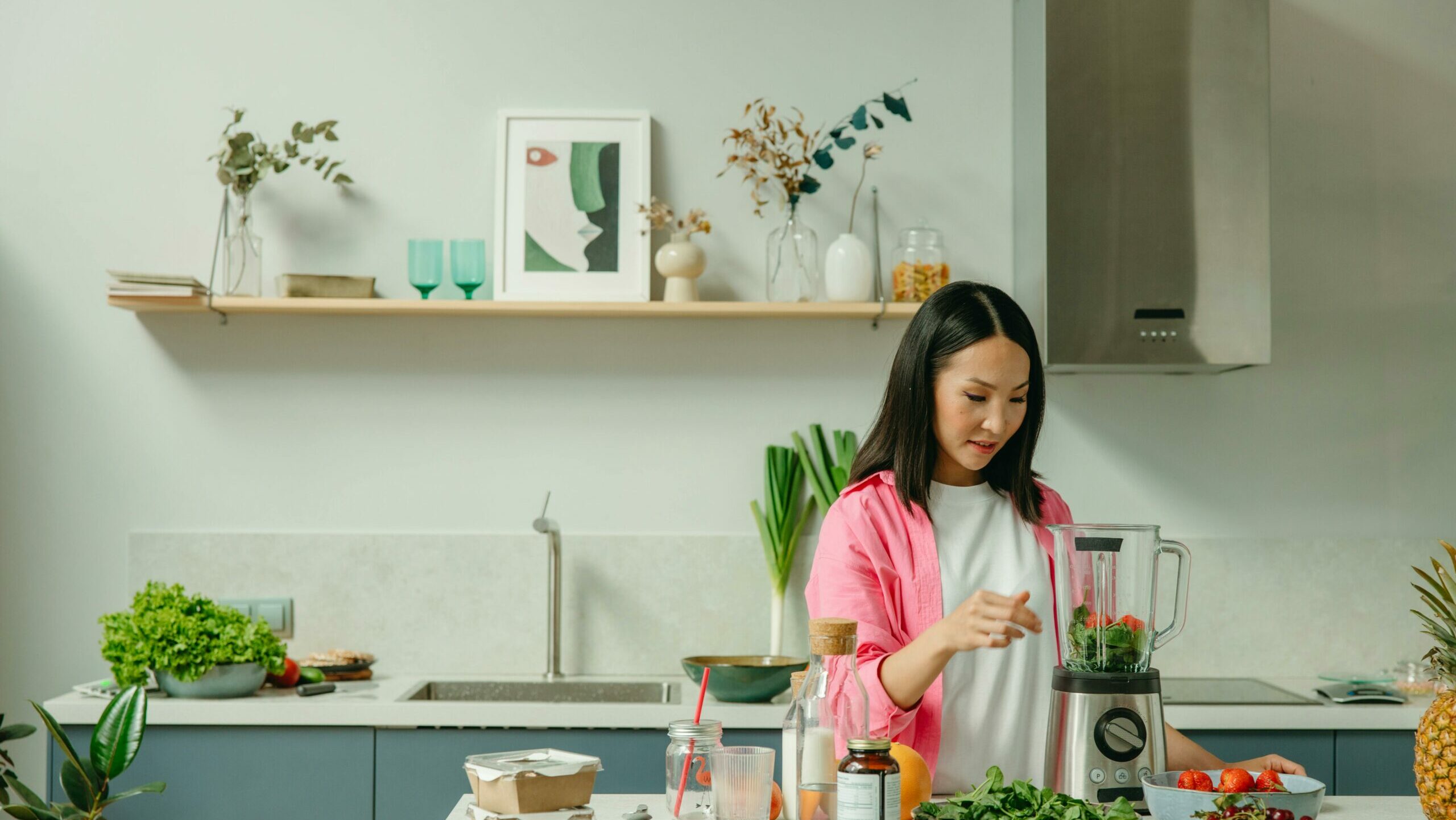The Life-Changing Magic of Saying “Thanks”: Why Daily Gratitude is Your Secret Superpower
You know that warm, fuzzy feeling when someone unexpectedly holds the door for you? Imagine bottling that feeling and taking a sip every morning. That’s essentially what daily gratitude practice does—except science says it might also rewire your brain, help you sleep better, and even make your coffee taste richer (okay, maybe not that last one, but the rest is legit). Here’s why taking two minutes each day to count your blessings could be the easiest life upgrade you’ll ever make.
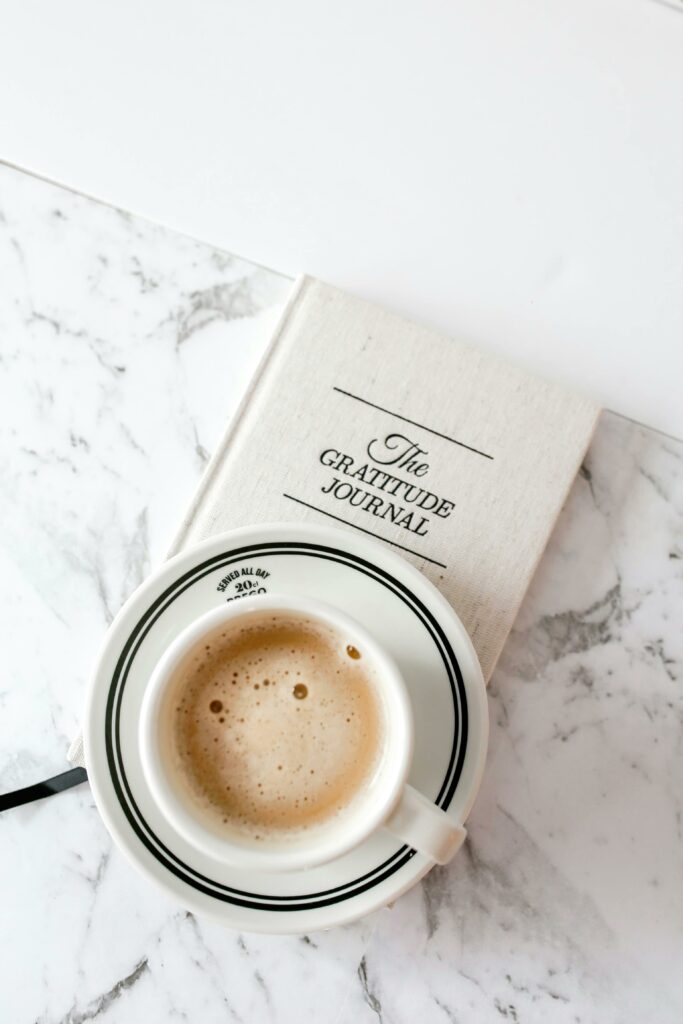
Your Brain on Gratitude: Like a Happiness Espresso Shot
Neuroscientists have found that regularly acknowledging what you’re thankful for literally changes your brain’s structure. It’s like strength training for your positivity muscles—the more you do it, the more your brain automatically scans for good stuff instead of dwelling on complaints. One study showed that people who kept a gratitude journal for just three weeks reported significantly higher happiness levels, with some participants saying they started noticing little joys they’d previously overlooked—the way sunlight hits their desk in the afternoon, or how their dog does that ridiculous stretch when waking up from a nap.
The 2-Morning Habit That Beats Hitting Snooze
Here’s a ridiculously simple trick: before checking your phone in the morning, name three things you’re grateful for. They can be profound (“my sister recovered from illness”) or silly (“the barista remembered my coffee order”). A teacher I know does this with her students—they share “rosebuds” (small joys) during morning circle. Six months in, parents reported their kids were noticeably less whiny about minor frustrations. The magic lies in the mundane—appreciating warm socks on a cold day somehow makes traffic jams less rage-inducing.
Gratitude Journaling for the Attention-Span Challenged
If “journaling” conjures images of leather-bound diaries and hours of writing, relax. The most effective gratitude practice takes less time than brushing your teeth.
Try the “5-finger method”—hold up one hand and quickly list:
- One person who helped you recently
- One comfort you enjoyed (hello, fluffy blankets)
- One skill or talent you possess
- One beautiful thing you saw
- One thing that went better than expected
Done in 60 seconds, this micro-practice creates what psychologists call a “positivity cascade”—that one good thing makes you notice another, and another.
Why Your Relationships Need More “Thank You”s
Here’s a relationship hack therapists love: replace generic “thanks” with specific appreciation. Instead of “thanks for dinner,” try “I loved how you added extra garlic to the pasta—it made my whole evening.” This “detailed gratitude” makes the receiver feel truly seen. One couple I know instituted “Appreciation Fridays”—they text each other one specific thing they valued that week. Six months later, they reported fewer arguments and more spontaneous hugs (which, let’s be honest, is better than any couples therapy).
The Dark Chocolate Effect: Gratitude Makes Good Things Better
Ever noticed how savoring a piece of chocolate slowly makes it taste more intense? Gratitude works similarly—it intensifies life’s sweetness. A study had participants eat a piece of candy while either rushing or mindfully appreciating it. The gratitude group reported significantly more enjoyment. Try this tonight: pause before your first bite of dinner to mentally acknowledge everyone who helped get it to your plate—the farmers, the truck driver, the grocery store clerk. You’ll be shocked how this transforms even a simple sandwich into a moment of connection.
The Takeaway: Start Small, But Start Today
You don’t need a fancy journal or perfect routine—just grab a sticky note and scribble one thing that didn’t totally suck today. Stick it on your bathroom mirror. Tomorrow, add another. Within a week, you’ll have a collage of goodness staring back at you each morning. And who knows? Maybe your coffee really will start tasting better.
Pro Tip: Pair gratitude with an existing habit—like while waiting for your coffee to brew or brushing your teeth—to make it stick without effort. Your future, more joyful self is already thanking you.

